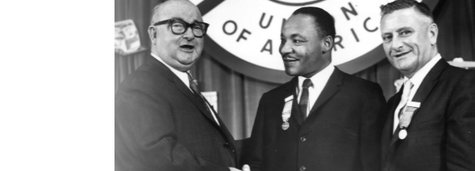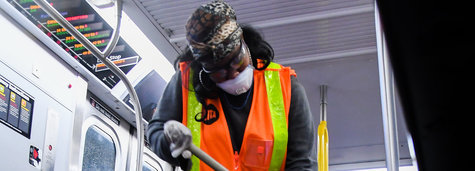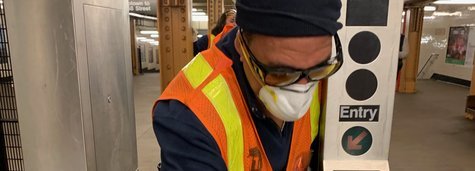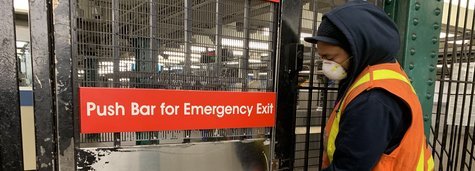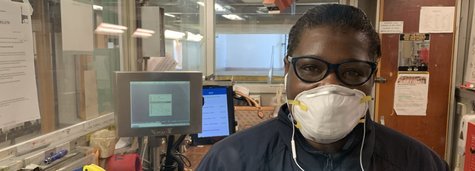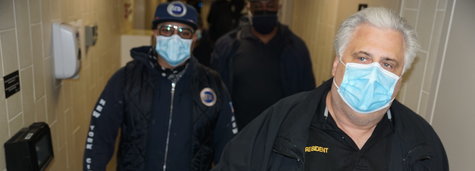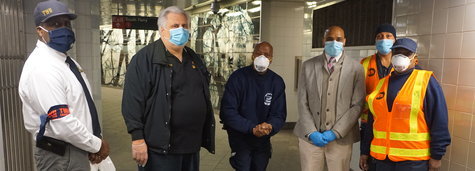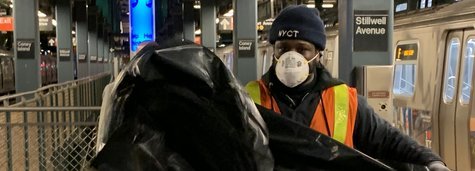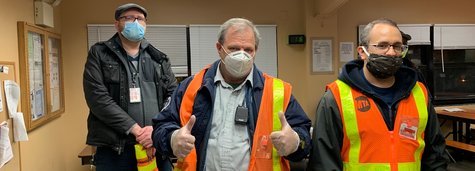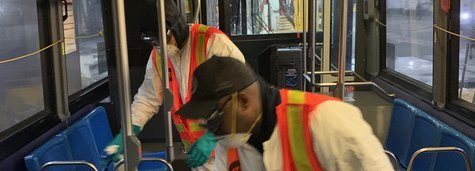Update on Ryder
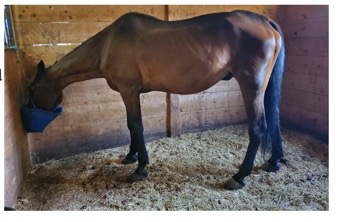
AUGUST 25 -- Carriage Horse Ryder is retired and at private horse farm outside of NYC where he has a large and comfortable stall, many acres of pasture, and many other horses around him.
The owner/manager of the farm reports that:
- Ryder has been seen by a veterinarian, and the veterinarian is directing his treatment and care.
- Ryder’s owner has in writing relinquished ownership of Ryder to the farm owner/manager.
- Ryder is bright, alert, eating and drinking, and has gained some weight.
After Ryder collapsed on Aug. 10, the responding veterinarian in the city diagnosed him with EPM, a neurological disease caused by a parasite transmitted by possums and raccoons.
Subsequent blood tests revealed a low white-cell blood count. The veterinarian has now placed Ryder on antibiotics and is considering other courses of action, the farm owner/manager reports.
The owner/manager of the horse farm requests anonymity for fear someone will trespass on the property or even harass workers there.
According to Ryder’s former owner, Ryder was purchased earlier this year after his owner in Amish country no longer wanted him. He was examined by a veterinarian in NYC in April and cleared for work, and the examination report listed his age as 13 years old. The responding veterinarian and NYPD Mounted Unit that responded on Aug. 10 estimated Ryder to be much older, and a subsequent review of records has determined he is 26 years old, which is too old to be licensed by the city as a carriage horse.
We fully support a full and thorough investigation by the NYC Department of Health.
The carriage horses and drivers are licensed and regulated by the DOH under series of regulations and requirements, including two physical exams for the horses every year. To supplement those medical reviews, the main stable has begun an initiative in which an equine veterinarian will come every other week to do an assessment of the horses by checking their heart rates and using other analytical tactics. Heart-rate checks can help identify possible ailments that are brewing like colic or foot-and-hoof problems.
Drivers and carriage owners are forming a Safety Committee with representatives for each stable to spot possible issues, like a horse that may be losing too much weight and a driver who can benefit from additional training, as well as to develop areas for industry improvement. Unresolved issues will be elevated to stable managers and union reps.
The industry last week organized and held a clinic for drivers featuring a veterinarian giving hands-on instruction on horse health and first aid.
ISSUED BY: TWU LOCAL 100 * 195 MONTAGUE STREET BROOKLYN, NY 11201 WE MOVE NEW YORK

